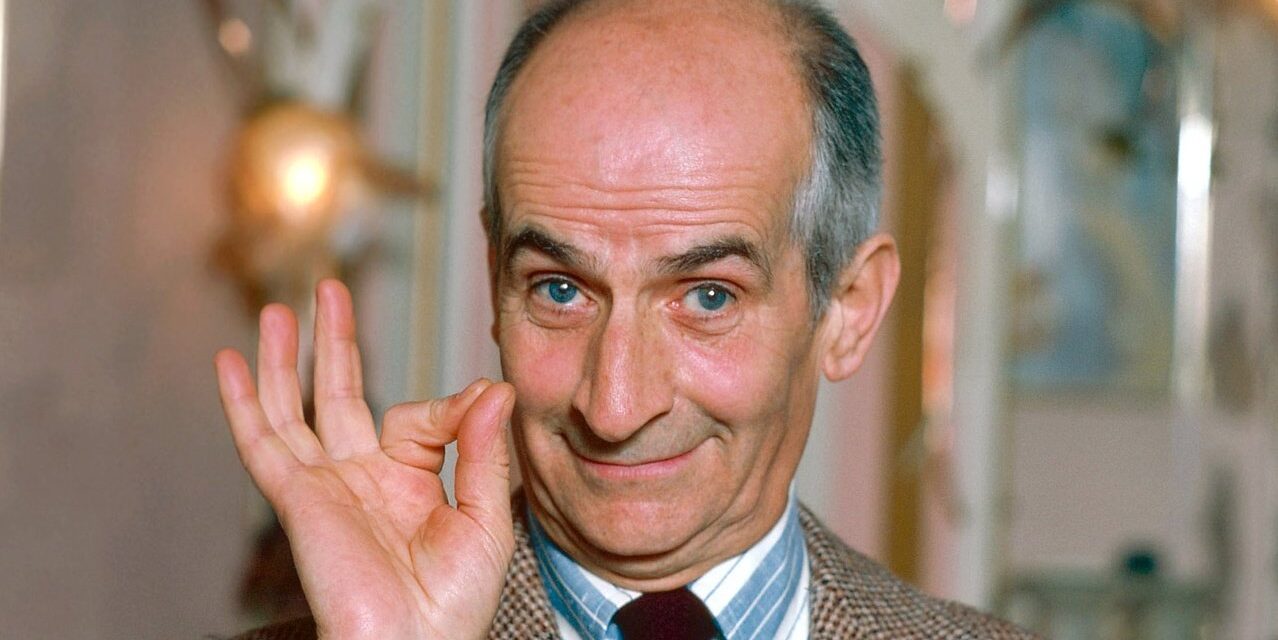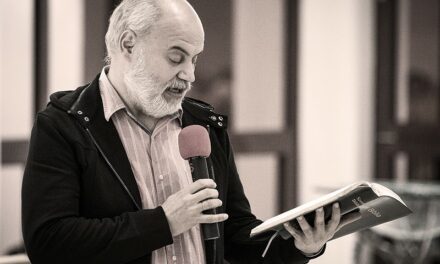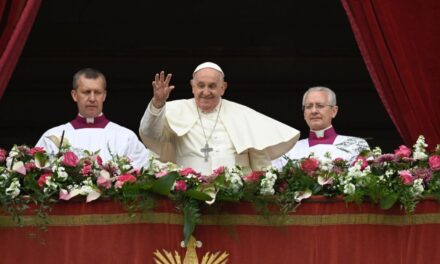Few people know that the greatest French comedian was also a devout Catholic who was not afraid to talk about his relationship with Christ even on television.
One of the legendary comedian's sentences is currently circulating on social media. Louis de Funès, who died in 1983, is still one of the French's favorite comedians. But he was also very religious. Even at the height of his fame, the comedian did not hide his faith on television. Nor in the program of December 24, 1981, where he answered the questions of the successful presenter and singer Guy Béart. The following excerpt from the conversation, which is not available on video, is taken from Eric Leguerbe's biography of Louis de Funès.
"Are you a believer?"
"Sure, of course."
"For a long time?"
- From the beginning... Jesus was the bright companion of my childhood, the bright companion of my professional life, in short: the companion of my life.
– Did it help you in your professional life as well?
"Always." I was very lucky and I can certainly thank him for that.
"I see Christ as someone who laughs a lot"
When asked what kind of image he has of Christ, he answered with humor:
“I think he was a 190 cm tall, extremely strong guy with biceps like that! When he drove the vendors out of the church, he could grab them by the neck with a trident... Gosh! He spoke very loudly and gesticulated strongly... He was a leader of the people, a leader, and I see him as someone who laughed a lot. He is never shown laughing. I'm sure he joked a lot with his apostles. I see him walking on the water saying to St. Peter: "Come, try it!" And he tries it, and hey! All the apostles laughed…”
The actor, known for his inimitable style, facial expression, and portrayal of sarcastic and sarcastic characters, made all generations of French people laugh to tears.
It is true that Louis de Funès can be called quite austere and austere in his private life, but there was no gloom in his faith. On the contrary, he knew how to bear witness to the joy that resides in the Christian life.
Translated by Katalin Hegedüs
Source: Aleteia / katolikus.ma












